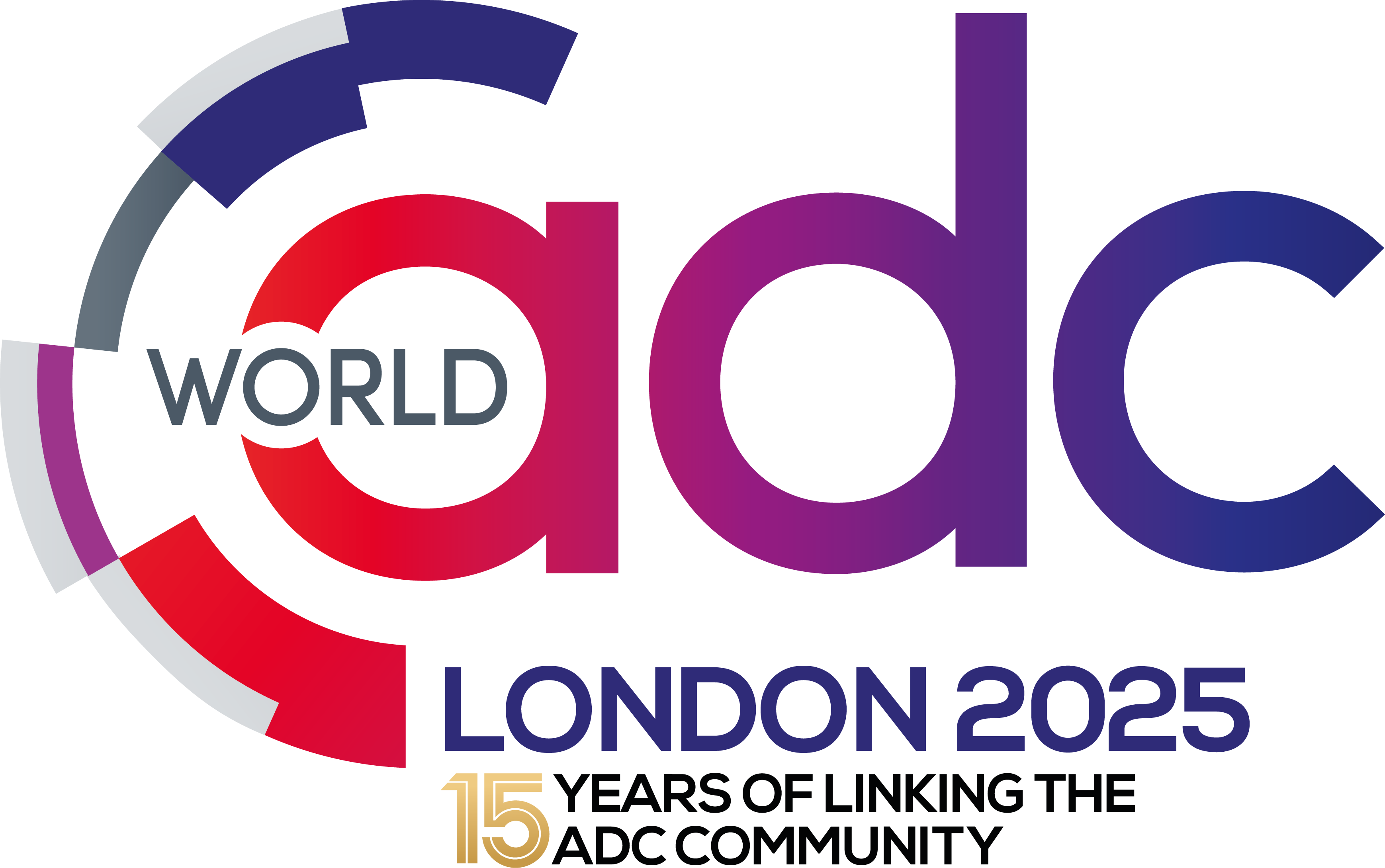Pre-Conference Seminar Day
Monday 3rd March, 2025
8:30 am Check In, Morning Coffee & Light Refreshments
Introduction to ADCs
John Lambert, Independent Consultant & Honorary Professor, Queens University Belfast
David Bramhill, President & Founder, Bramhill Biological Consulting
Are you new to the ADC field? If so, join our ADC 101 day to get your ADC knowledge up to scratch ahead of the scientific program days.
As more companies enter the ever-growing antibody-drug conjugate field, this seminar day will provide you with the critical knowledge gained over years of research and failed clinical trials that culminated in the presently approved ADCs and booming innovation in the field.
Led by long-standing experts in the field, join this one-stop-shop of ADC learning to establish a core understanding of the essential elements in ADC discovery and early development.
Download the Full Event Guide for full details
09.30 am The morning session will cover:
• Gaining familiarity with the fundamental early learnings that inform ADC design
• Learning about the key insights that allowed early investigators to overcome the initial challenges that hindered early ADC programmes
• Evaluating payload choices for ADCs
• Reviewing linker design chemistry and what it can bring
• Understanding the impact of conjugation site selection on ADCs
12.30 pm Lunch & Networking
1.30 pm The afternoon session will cover:
• Gaining an understanding of the biological aspects of ADCs
• Selecting the most appropriate ADC target
• Choosing an optimum antibody format
• Analysing the choices and trade-offs in utilising the chemistry ADC toolbox
• Assessing key factors in the evaluation of efficacy information from in vivo preclinical models
2.30 pm End of Introduction to ADCs Day
3:00 pm ADC Licensing, Partnering & Investment Session
Synopsis
It’s no secret that ADCs have firmly positioned themselves at the forefront of oncology R&D and dealmaking. The total value of ADCs peaked at $167 billion in 2023, representing rampant billion-dollar partnerships and M&As from Pfizer, AbbVie, J&J, Merck, Genmab, Ipsen and beyond, and a bulk of Series A VC transactions highlighting a boom of new ADC companies forming.
As the leaders of the global pharmaceutical world look for a piece of the ADC pie, it is crucial to understand what innovation, data and risktaking criteria are fuelling the partnerships, licensing deals, and investment amongst ADC stakeholders.
Exclusively designed for search and evaluation, early innovation, and business development leads, C-level biotech leaders, and VC biopharma investors, join to be part of an insightful panel session followed by a unique networking space to foster new relationships for ADC collaboration, partnerships and investment ahead of the main conference days.
Register your interest when you sign up to attend the conference, then look out for an email to secure your spot!
Panel Discussion Highlights:
• Breaking down big pharma’s heavy investment into ADCs: what is the reasoning and level of risk behind recent mergers and acquisitions (M&As), and licensing deals?
• Laying out the lessons learnt from recent big pharma licensing and M&As – what can we expect after the blockbuster deals?
• Understanding the out-licensing perspective to breakdown required data, level of risk, and differentiating factors when from recent ADC partnerships and collaborations
• Taking a step back and evaluating the global state of the ADC field – what are predictions for where the ADC field will be in 3-5 years?
• Discussing how biotechs can be best positioned to stay ahead of the market innovation



